Medical-grade devices are specifically designed to meet the stringent demands of healthcare environments. These devices comply with rigorous standards and certifications to ensure they are safe, reliable, and effective in medical settings. Typically, they adhere to the International Electrotechnical Commission (IEC) 60601 standards, which govern the safety and performance of medical electrical equipment. Medical-grade devices […]
Category: Medical Grade Computer Acessories

What are the strengths and limitations of computers in Medicine?
The National Library of Medicine, has a publication titled, “APPLICATION OF COMPUTER TECHNIQUES IN MEDICINE”. The article mentions the several applications and limitations of computers. Medical computers have become vital tools in the field of medicine, greatly impacting patient care, research, and healthcare administration. However, like any technology, they come with strengths and limitations. Strengths: […]
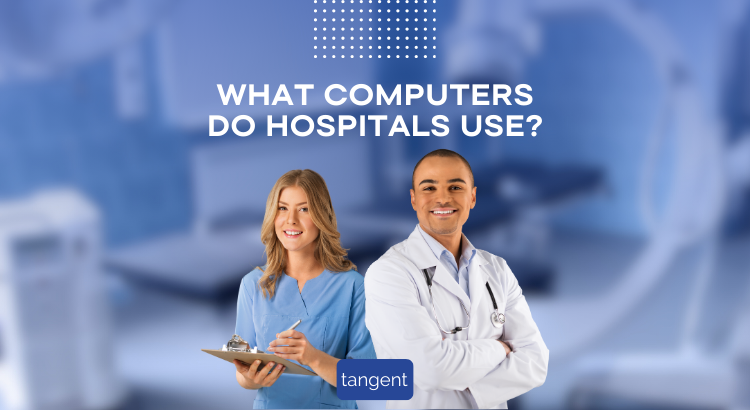
What Computers Do Most Hospitals Use?
Most hospitals use a variety of computer systems and devices to support their operations and provide healthcare services. The specific types of computers and systems used can vary depending on the hospital’s size, budget, and specific needs. Here are some of the common types of computers and systems used in hospitals: Electronic Health Record (EHR) […]
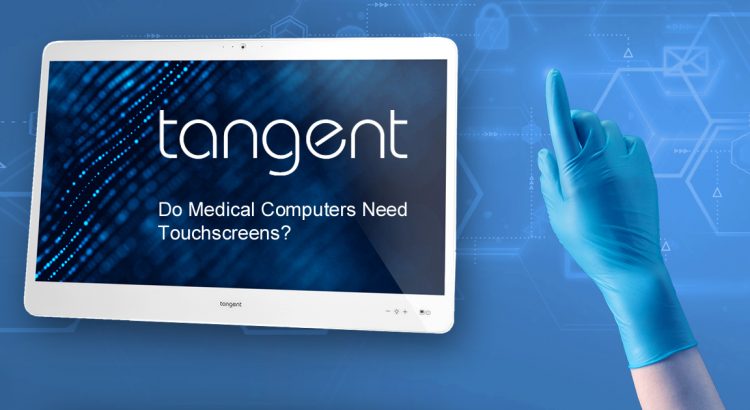
Do Medical Computers Need Touchscreens?
When people refer to their “phone” these days, it’s more than likely they mean their “smartphone.” Smartphones have become ubiquitous in our society, and are becoming increasingly necessary for everyday life. But what caused these smartphones to take over their older cousins? One of the defining features that played a large role is the humble […]
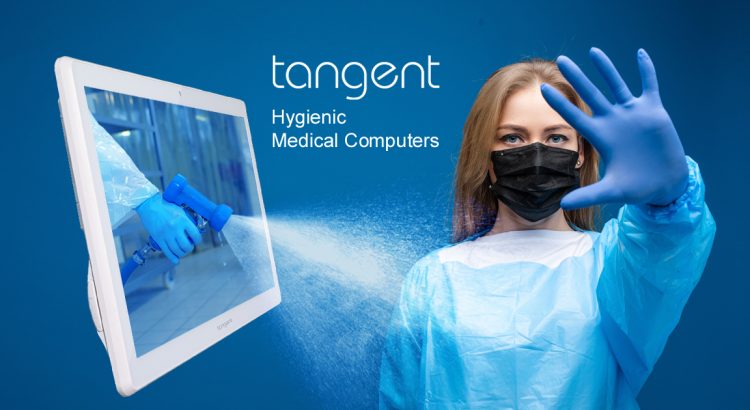
Hygienic Medical Computers
Cleanliness remains a top priority for hospitals everywhere. Since the introduction of handwashing into the medical field, efforts to curb disease spread in the hospital have been largely successful. Still, medical institutions must remain vigilant in their hygienic practices to ensure that the risks to patients are minimized. Hospitals need quality medical computers that help […]
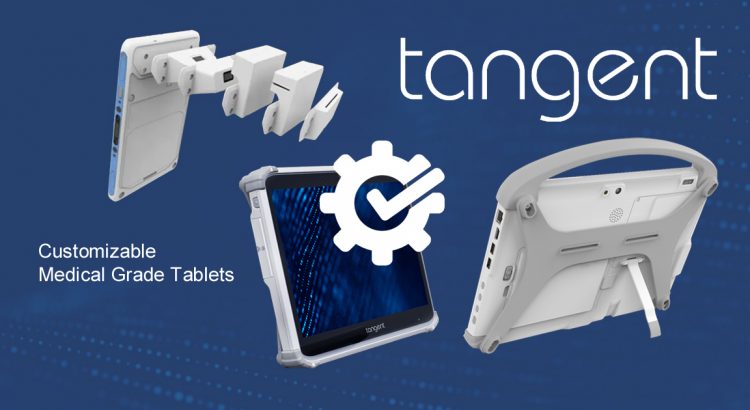
Medical Tablets
EN 60601-1 Certification Among the most important features for medical grade devices is EN 60601-1 Certification. Medical tablets with the certification are shielded from Electromagnetic interference both from receiving and also from producing it. EN 60601-1 is a certification that distinguishes a medical tablet from a consumer grade medical tablet. Medical Tablets with Antimicrobial Surfaces […]
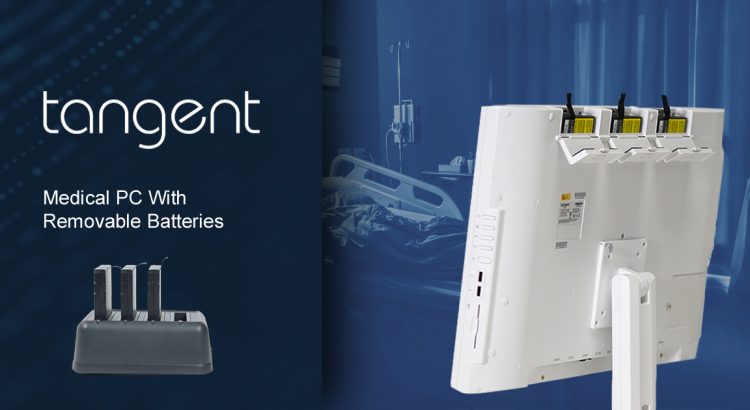
Medical PC With Removable Batteries
Hospitals are dynamic workplaces. As this pandemic has shown, hospital administrators need to be willing to change up their strategies constantly. This may mean bringing on more staff at some times, or completely shifting around a hospital’s layout in others. Many hospitals have had to set up popup clinics in their parking lot during this […]
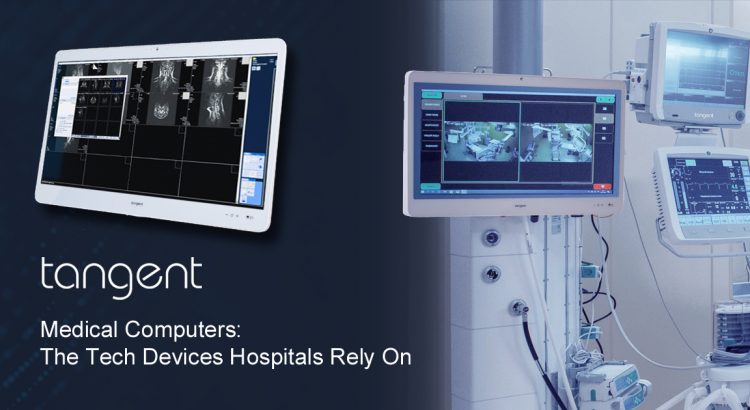
Medical Computers: The Tech Devices Hospitals Rely On
Commercial computers have found a home in offices, restaurants, and other places of business. But when it comes to the medical setting, standard computers are sorely lacking. A typical computer doesn’t have to be as sanitary as a medical computer as they are rarely in a sterile environment,. Designers create medical computers specifically for use […]
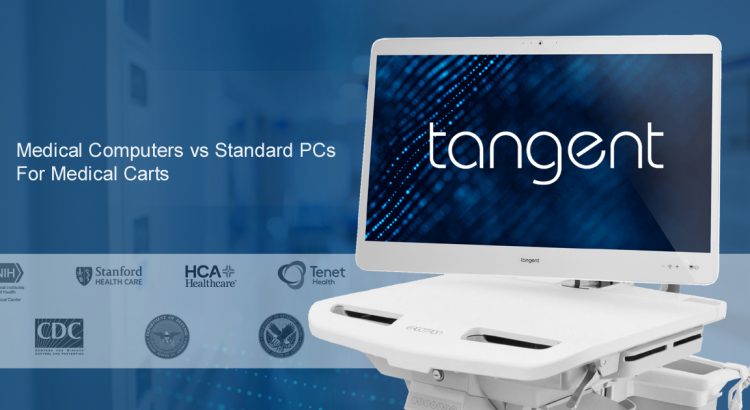
Medical Computers VS Standard PCs For Medical Carts
As the computing needs of hospitals have evolved, so have medical computers. The difference between medical computers and standard computers has only grown in recent years. Whereas before medical facilities could manage with standard computers, now such decisions only hold them back. Medical computers have become integral in healthcare for a number of reasons. They […]
